For years and years, Kenya has prioritized education. The very first president, the late Hon. Jomo Kenyatta used to say that the biggest challenges in Kenya are poverty, ignorance and disease. In his speech inaugurating the newly independent Kenya he solemnly swore to deal with these issues.
The 8-4-4 system which was launched in January,1985 , consisted of 8 years of primary school education, four years of secondary education and finally 4 years of university education. It had been operational until recently when the Competence-based curriculum in 2017. According to historical records, Johann Ludwig Krapf and Johannes Rebmann revealed that Kenyans had access to education as far back as 1728 with proof of a Swahili manuscript, namely (Utendi wa Tambuka) Book of Heraclius.
With the first school in Rabai, Mombasa Kenya being built in 1846, it is true to say that education has always been an important factor in Kenya. During the reign of the first president, the diseased, Hon. Jomo Kenyatta which lasted from 1964-1978 where he died in office, he propelled Kenya to where he wanted it to go, and his counter for this conundrum by the name of ignorance was education. Since then, Kenya has been in this system of education where without papers, one could not get a job. With the coming of former president, the Late Mwai Kibaki, who was sworn in on Monday, 30th, December 2002, came free primary education.
There came an influx of students accessing education. This subsequently increased the people, graduating from universities. Following these new, changes the universities could not really provide people with jobs. Now in 2024, with the availability of more tertiary institutions like, colleges, technical training institutions and vocational schools, the number of students graduating cannot be catered for by the Kenyan job market. This has led to people sourcing for jobs in the US, UK and some in neighbouring countries in Africa. These days, institutions don’t provide internship to their graduating student, so they have to do it themselves
Being pro-active during your course period is one of the skills students need to be taught in order to enable proper networking and knowing what one is really interested in. Being in class is one thing and being on the field is another. Without knowing how to co-exist with people, in the case that one gets a job, they don’t know how exactly to go about it which in turn makes them do more than their Job Description (JD) entails.
Talented individuals should be given a platform to showcase their various talents and later provided with certain links in order to actualize their dreams and monetize their craft. People in the arts and crafts sector, are rarely appreciated and recognized by the government. Even with providence of institutions for training artists, they don’t have a place they can actually go after completion of their studies. The ministry of Sports, culture and arts, should do a better job when it comes to empowering the youth. Evidently, we have some very talented athletes and this was only proven due to a chance so if we broaden our horizon in empowering talent, maybe our country will have a greater chance in being one of the super powers, in the league of the United States.
I think education is very important, but knowing one’s talent and actualizing it, provides one with an inbuilt passion enabling them to do it to the best of their potential. After getting the basic education, I think students should be given an equal chance to join schools that sharpen their skills and after they graduate, their certificates should be just as important as any other.


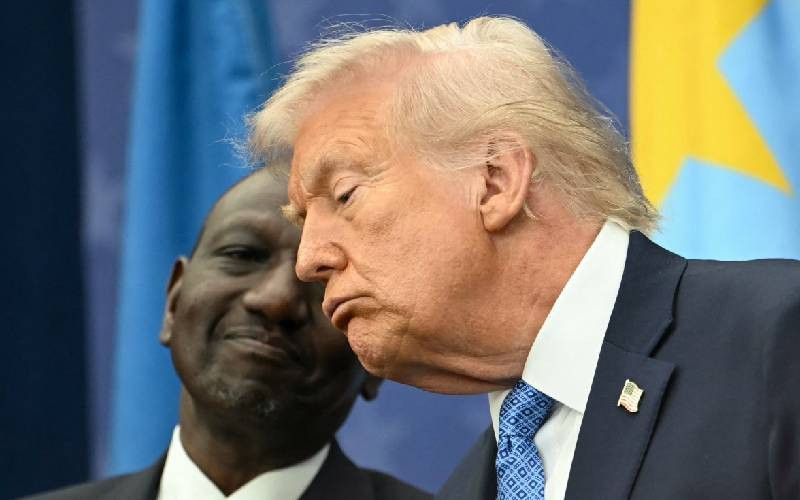
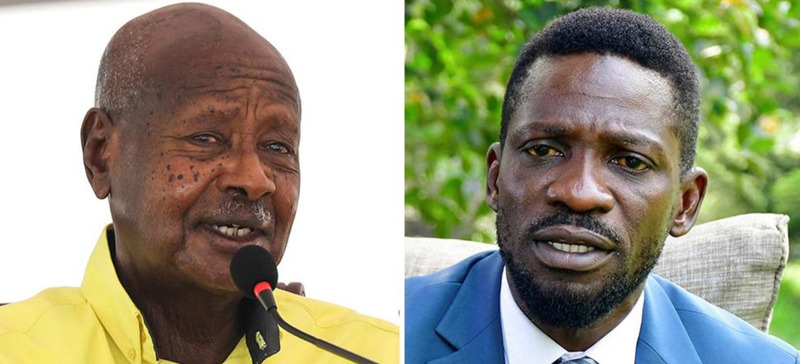

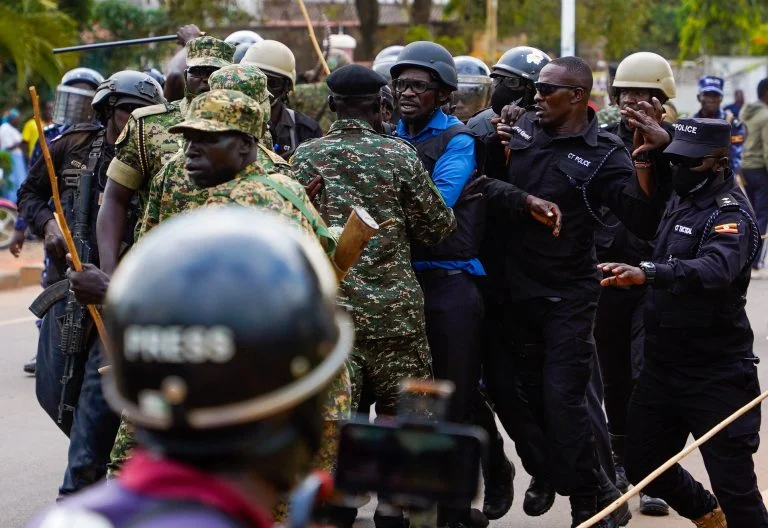
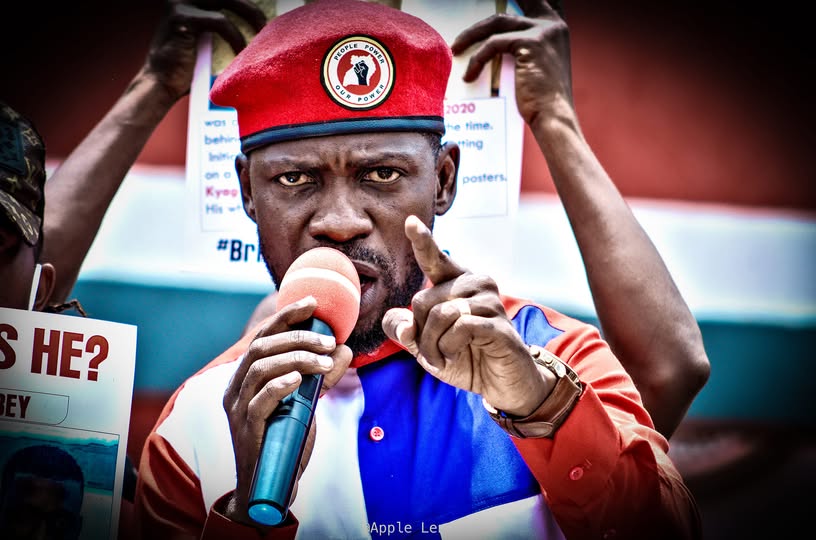

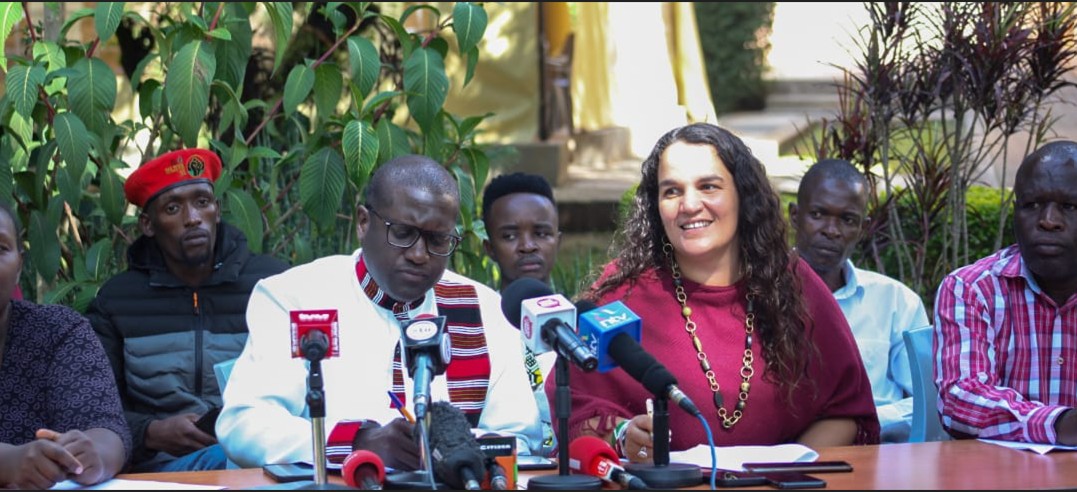
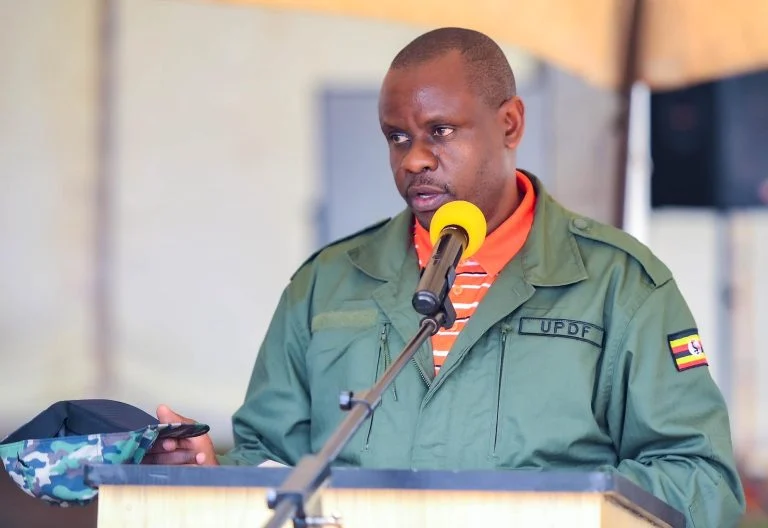
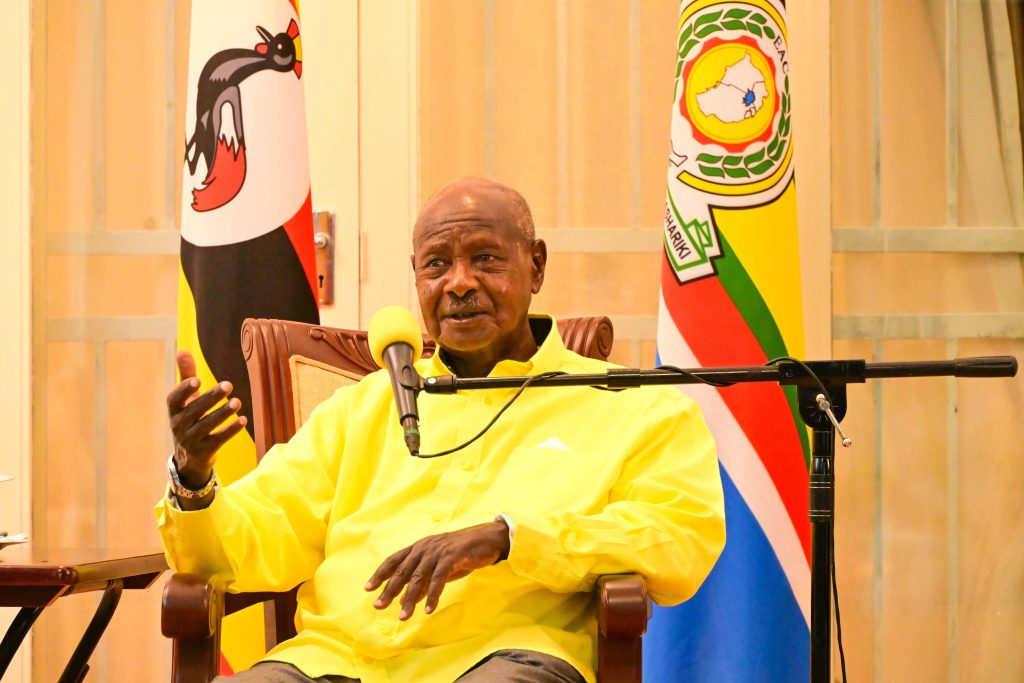
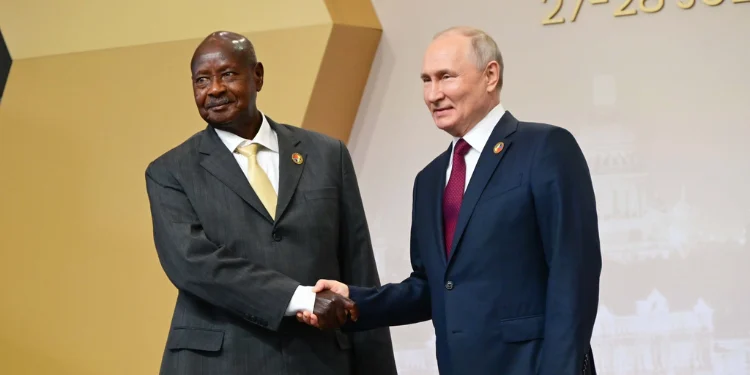
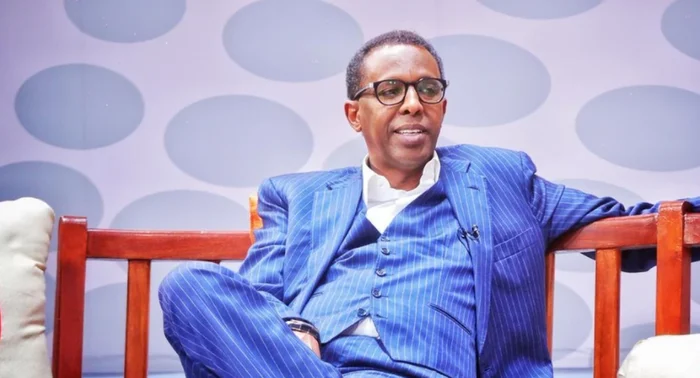
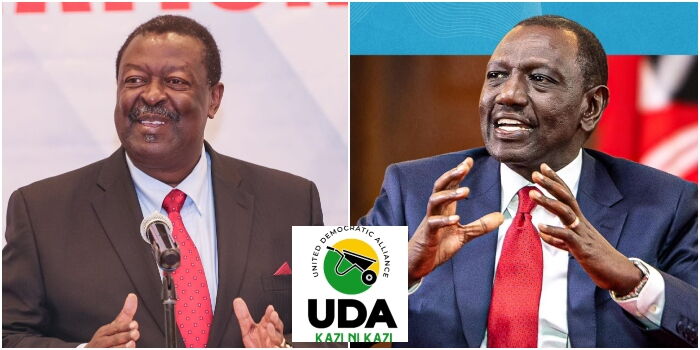
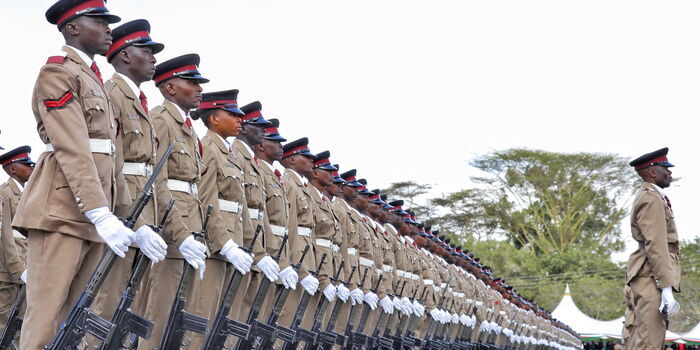
Leave a Reply